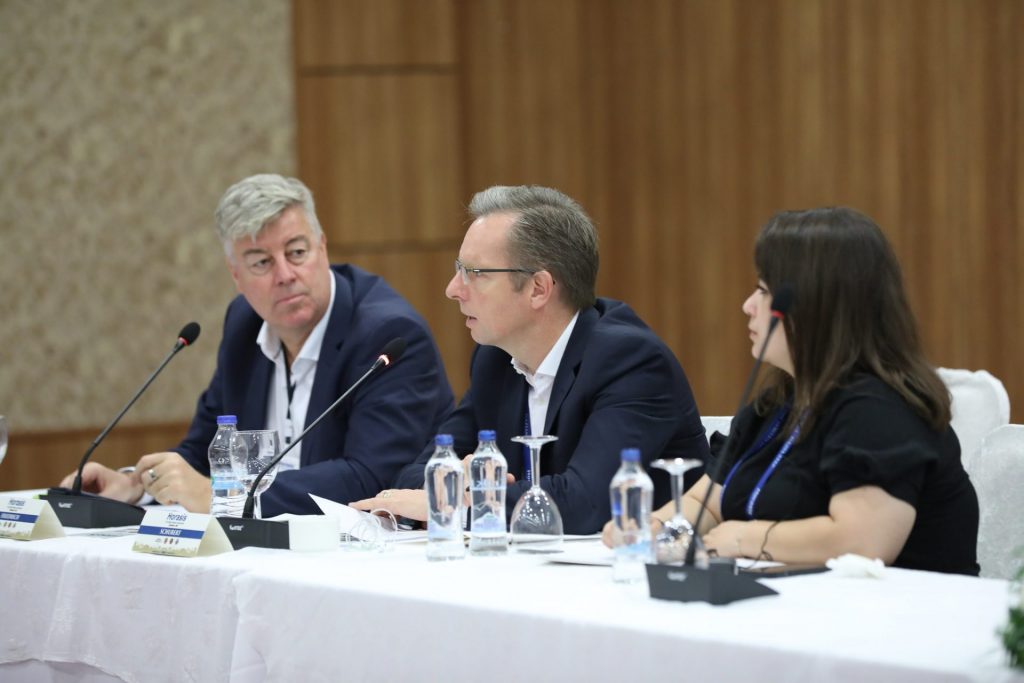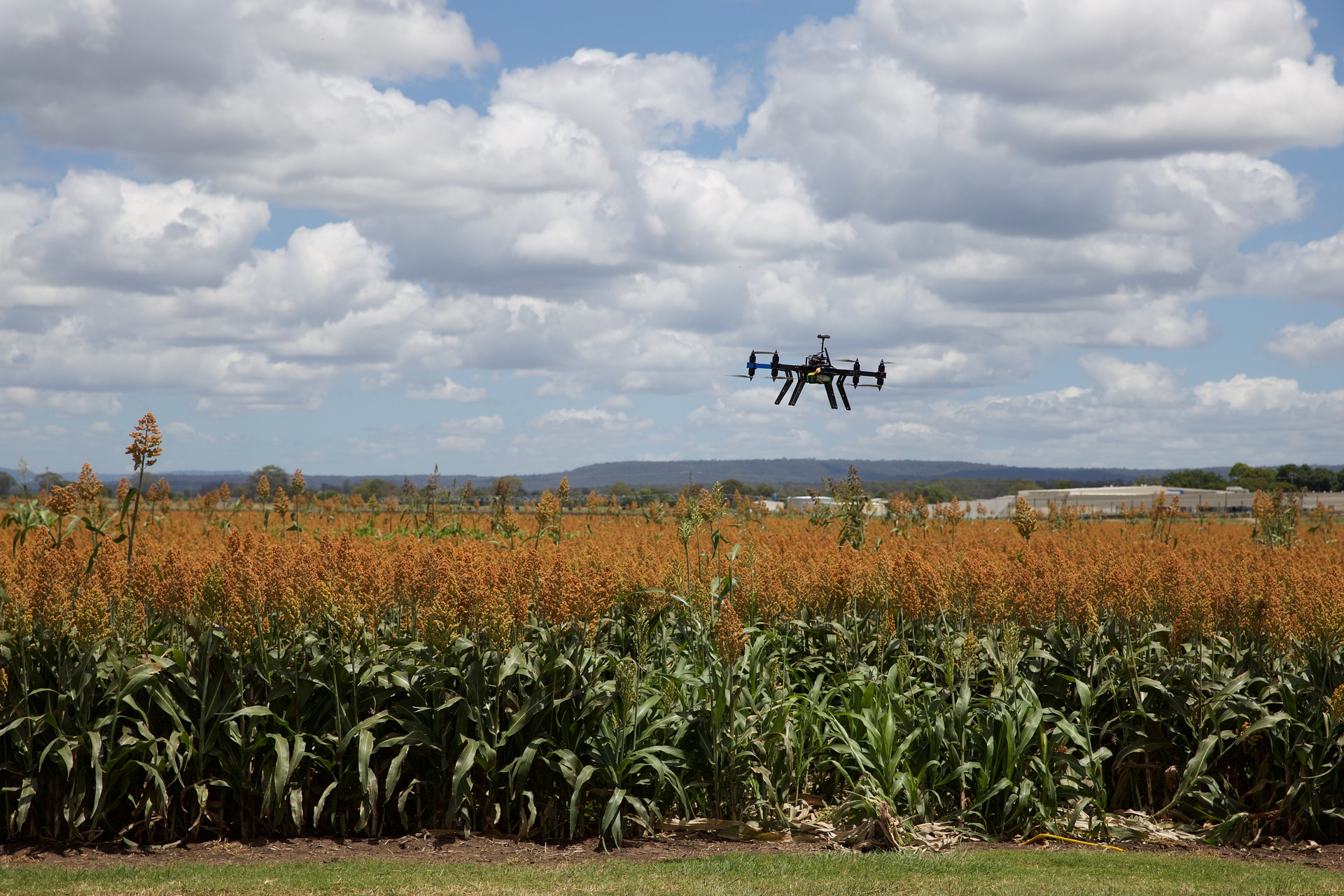Supporting Early Technology Adopters
The expert Horasis panel on “Supporting Early Technology Adopters” held in Gaziantep, Türkiye on 23 October 2023, brought together thought leaders from diverse sectors, shedding light on the pivotal role of the human factor in driving technology adoption. The lively and inspirational discussion unveiled insights and case studies that underscored the importance of understanding and engaging with end users to ensure the successful implementation of cutting-edge technologies.
Here are the key highlights from the session:
1. Space Technology and Satellite Data for Climate Change:
Felix von Schubert, New Space Capital, UK emphasized how space technology can play a crucial role in managing climate risks and achieving sustainability goals. He provided an illustrative case of a company leveraging space technology to combat methane leaks, a major contributor to global warming.
2. Medical applications to cure Alzheimer’s disease:
Sara Isbell, CEO, Mercaptor, USA, shared her experience in the biotech sector and highlighted the challenges of securing funding for unconventional breakthroughs. She called for collective action to bridge the gap between early-stage medicine and commercial success, and to usher in a new era in the field.

Sara Isbell, Chief Executive Officer and Co-Founder, Mercaptor Inc, USA
3. Big Data and Auditing to Prevent Modern Human Slavery:
The panel discussed the revolutionary auditing system aimed at preventing modern human slavery using big data. This initiative highlighted the potential of technology to tackle pressing global issues.
4. GovTech and Smart Marketplaces:
Azam Khodadadi, CEO, Findaso, Türkiye, mentioned the challenges faced by small and medium-sized enterprises in terms of transparency and trust. She showcased the role of digital smart marketplaces in connecting supply and demand efficiently.
5. Clear messaging and case studies for startups:
Alex Cresniov, Head of GovTech, Deep Knowledge Group, UK emphasised the importance of clear messaging and presenting case studies for technology startups. Demonstrating how products can be integrated is key to attracting early adopters. Drawing on his experience of early technology adopters in developing countries, he stressed the importance of being aware of the risks of a lack of VC culture in this context.
The panel concurred that while venture capitalists have valuable experience in the startup and investment landscape, multiple perspectives should be considered when seeking advice on early-stage investments. Critical thinking and due diligence are imperative in this process.

Felix von Schubert, Executive Chairman, NewSpace Capital, United Kingdom
The panel also explored the concept of tackling challenges through an iterative approach, often referred to as ‘trial and error’. Volker Friedrich, Managing Director, GBP International, Germany, shared some notable examples from Germany where this approach has led to significant progress in technology adoption, and gave the example of his mentoring partners from the German Entrepreneurship Programme in Singapore.
To summarise these discussions, here are the key takeaways:
1. Understanding and addressing end-user needs and preferences is critical to driving early technology adoption.
2. A trial and error approach allows for more adaptable and effective solutions to overcome the challenges associated with technology adoption.
Volker Friedrich provided a memorable quote:
“The key success factor of any company, regardless of the product or service it offers, lies in its people. Cultivating an entrepreneurial spirit and passion in our society is essential to drive innovation”.
At the end of the session, the key lessons learned can be summarised as follows:
1. Empathy for End Users: Deep customer empathy and active involvement of end-users in the design and development process are vital for successful early technology adoption.
2. Embrace Trial and Error: Encourage a culture of experimentation, learning from failure, and refining solutions based on real-world feedback.
3. Foster Innovation: Cultivate an environment that encourages innovation, risk-taking, and an entrepreneurial mindset within organizations and society.
4. Supportive Ecosystem: Create a supportive ecosystem that allows for controlled experimentation and failure, enabling organizations to refine strategies and solutions.
5. Passion and Commitment: Foster a genuine passion for the mission at hand to motivate teams and drive successful technology adoption.

Pieter Perrett, Professor, University of Applied Sciences Northwestern Switzerland, Switzerland
A lively discussion among and with the audience towards the end of the session showed that the topic was a hot one and that many attendees had first-hand experience of its relevance. Alexander Kulitz, a former member of the German Parliament, spoke of the need to encourage an entrepreneurial spirit and to ignite a spark in the industrial world that would unleash the full potential of working people.
In closing, Volker Friedrich encapsulated the spirit of the discussion:
“We need to create an environment that not only supports success, but also allows for failure in the midst of trial and error. It is through these experiences that we truly learn and grow.”
The expert panel discussion served as a testament to the power of collaboration, innovation, and the human factor in driving early technology adoption.
By Pieter Perrett, Professor, University of Applied Sciences Northwestern Switzerland, Switzerland




